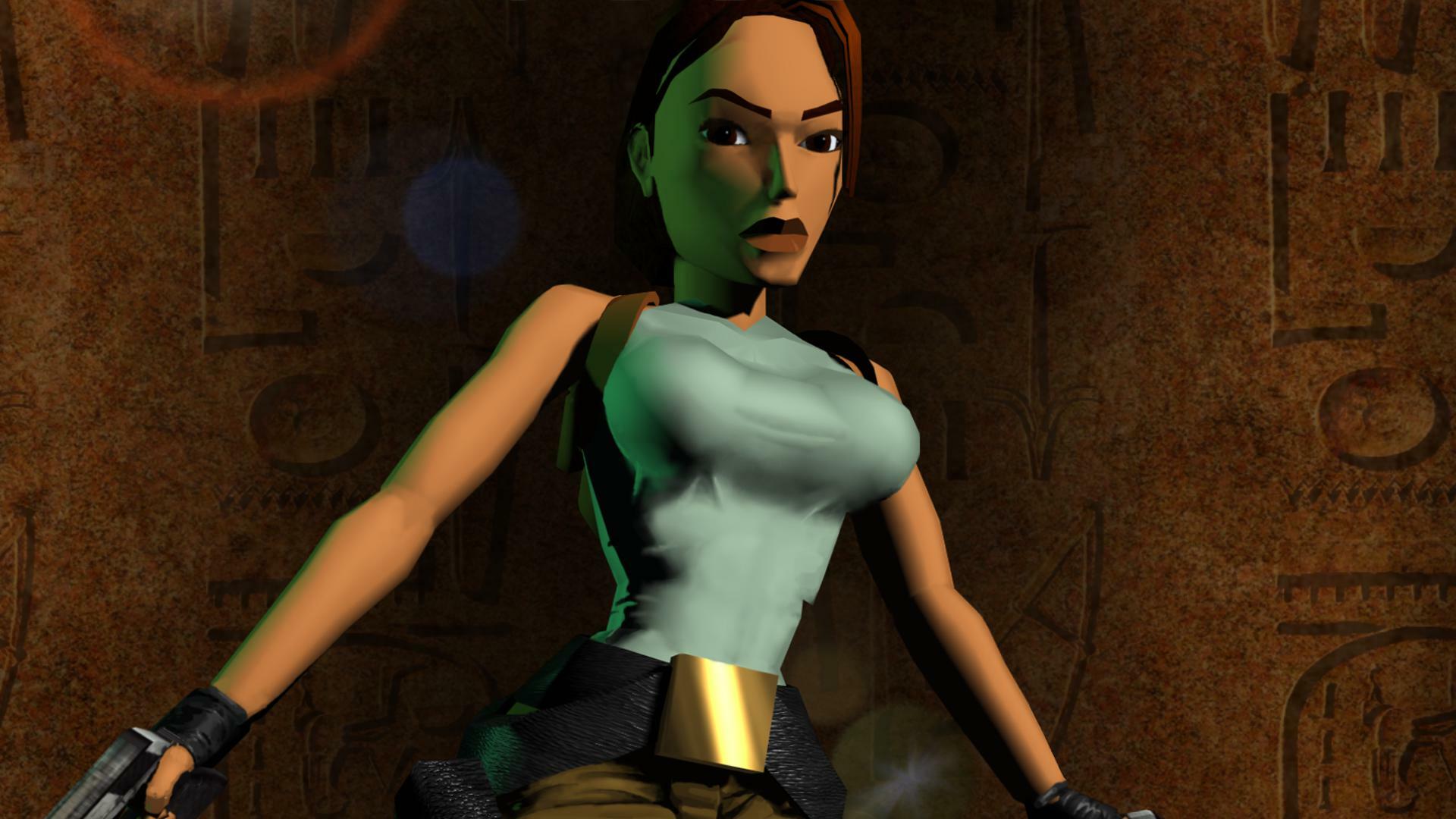Aspyr Removes AI Voice from Tomb Raider After Lara Croft VA Lawsuit
Last Updated: October 17, 2025

Françoise Cadol, the iconic voice of Lara Croft for French-speaking audiences in the classic Tomb Raider games, initiated legal action against Aspyr Media in September 2025. Cadol alleged that Aspyr used AI to replicate her voice in the recently released *Tomb Raider I-III Remastered* collection, specifically impacting content from what she referred to as *Tomb Raider 4, 5, and 6*. This lawsuit quickly brought to light the escalating legal and ethical questions surrounding the use of AI in video game development, particularly concerning the rights of voice actors whose performances are potentially replicated without their consent or compensation.
The legal challenge by Cadol, who voiced Lara Croft from the series' inception until 2008, centered on the assertion that Aspyr Media utilized AI technology to recreate her voice for the remasters without her consent or compensation. This practice, she argued, constituted a violation of her intellectual property rights and her right to control her own likeness and performance. Speaking out against the alleged unauthorized use, Cadol expressed a profound sense of "betrayal" and "total disrespect." Her filing included a cease and desist order against Aspyr.
Implications for the Gaming Industry
Even with its swift resolution, Cadol's lawsuit carries significant implications for the video game industry. The increasing use of AI in game development, particularly in areas such as voice acting and motion capture, continues to raise complex legal and ethical concerns. The question of whether AI-generated recreations of an actor's performance constitute fair use or copyright infringement is a matter that courts are only beginning to fully address.
The potential impact on voice actors' livelihoods is substantial. If AI can easily and cheaply replicate a voice actor's performance, it could significantly reduce the demand for human voice actors. This could lead to job losses and a decline in compensation, threatening the careers of talented professionals. Cadol's case served as a stark reminder of these risks and galvanized discussions within the voice acting community and beyond.
Legal Precedent and Future of Voice Acting
While the case did not proceed to a full court ruling, Aspyr's decision to remove the AI-generated voice content following the cease and desist order sets a de facto precedent. It demonstrates that developers may face immediate legal repercussions and reputational damage for using AI to replicate an actor's voice without explicit consent and compensation. The industry now recognizes the urgent need for clear contractual agreements and ethical guidelines to govern the use of AI in creative content production.
Beyond the legal ramifications, the case raises broader ethical questions about the use of AI in creative industries. The question of authorship and creative control in the age of AI is a complex one, with significant implications for artists and creators across various fields. The balance between technological innovation and the protection of artists' rights has become a critical consideration for developers and publishers alike, pushing for a more transparent and consensual approach to AI integration in creative works.
The quick resolution of the dispute between Françoise Cadol and Aspyr Media highlights the growing power of voice actors to defend their intellectual property in the digital age. It underscores the urgent need for comprehensive legal frameworks and ethical guidelines to govern the use of AI in creative content production, ensuring that technological advancements do not come at the expense of human artistry and fair compensation.